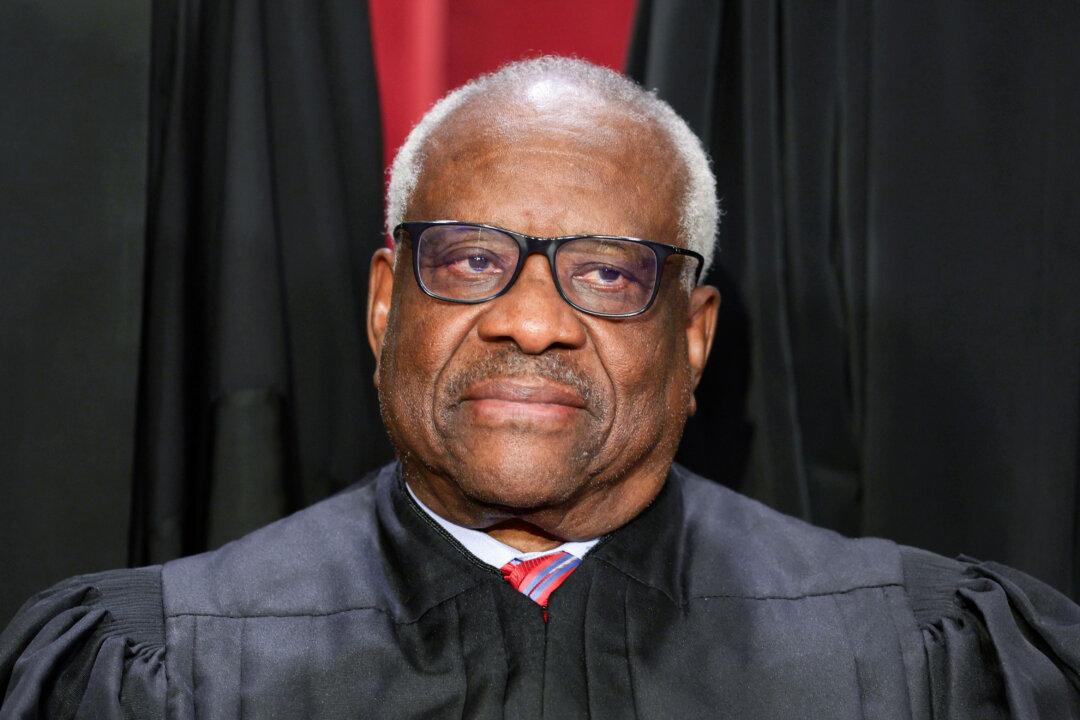The chief judge of the U.S. Court of Appeals for the 11th Circuit has blocked complaints against the judge overseeing one of former President Donald Trump’s criminal cases.
Chief Judge William Pryor Jr., in a newly released order dated May 22, instructed the circuit court’s clerk to stop accepting new complaints against U.S. District Judge Aileen Cannon after the clerk was flooded with complaints.
Judge Pryor recommended to the council that it instruct the clerk to stop taking additional complaints against Judge Cannon, and the council adopted the recommendation. Judge Pryor entered the new order on behalf of the council.
Federal law lets people file complaints against federal judges over judicial misconduct, which includes treating litigants “in a demonstrably egregious and hostile manner” and “making inappropriately partisan statements.”
Some activists and others have complained about Judge Cannon’s ruling against special counsel Jack Smith, who is prosecuting President Trump. The rulings have resulted in the trial against the former president being pushed back multiple times.
After Mr. Smith’s team on May 31 asked for an immediate gag order on President Trump, for example, Judge Cannon on June 2 directed President Trump to respond and said the government could issue a reply to that response on or before June 21.
Misconduct can not include the correctness of a judge’s ruling or allegations about delays, “unless the allegation concerns an improper motive in delaying a particular decision or habitual delay in a significant number of unrelated cases,” according to judicial rules.
The order does not apply to four of the complaints lodged against Judge Cannon, according to Judge Pryor. The judge said he reviewed those complaints and dismissed them because they “lack[ed] sufficient evidence to raise an inference that misconduct has occurred.”
Many of the complaints that flooded in are aimed at the rulings or other actions of Judge Cannon in the case against President Trump, which centers on his handling of documents containing sensitive information. President Trump was charged with Espionage Act violations and obstruction in the federal case. He has pleaded not guilty.
“Although many of the complaints allege an improper motive in delaying the case, the allegations are speculative and unsupported by any evidence,” Judge Pryor said. “The complaints also do not establish that Judge Cannon was required to recuse herself from the case because she was appointed by then-President Trump.”
Judge Cannon was appointed by President Trump in 2020. Before that, she served as a federal prosecutor.
The order also does not cover an unspecified set of complaints, which “will be acted upon in due course,” according to Judge Pryor.
Judge Cannon’s orders also remain subject to review from the appeals court, he noted.
District judge orders are commonly appealed, with appeals decided by circuit courts. Appeals of circuit court decisions are taken up by the U.S. Supreme Court.
The panel said Judge Cannon issued that order despite having no jurisdiction.







